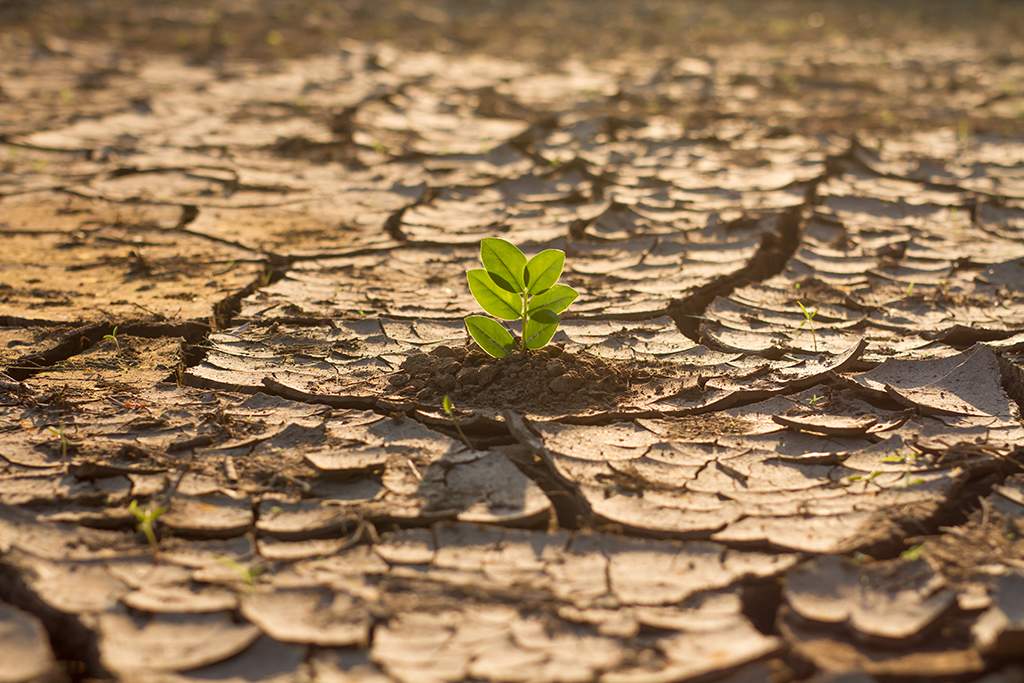The first Global Stocktake (GST) under the Paris Agreement is expected to deliver its outcomes in a few months at CoP 28 in Dubai. These outcomes follow a technical process which started in 2022, where three technical dialogues were held under the auspices of the UNFCCC. The technical dialogues provided an opportunity for synthesis of scientific evidence, primarily from the 6th Assessment Report of the Intergovernmental Panel on Climate change on the required level of climate action to meet the goals of the Paris Agreement. The synthesis of climate action, primarily based on reports by Parties under the UNFCCC also provided a sense of where the world is in responding to the climate challenge.
Party and non-party stakeholders also made submissions to further advance materials for considerations in the GST, with the role of non-party stakeholders having received unprecedented attention. It was however quite evident that the participation of African countries is limited in the GST processes. The Africa GST Project, which is supported by IDDRI and the Konrad Adenauer Stiftung aims to support enhanced contribution of African perspectives to the Global Stocktake.
As part of the project, as status quo analysis has been published, highlighting some emerging insights on constraints to participation in the GST processes; state of national consultation processes that are important to raising African perspectives, as well as towards enhanced action and support; African participation in international cooperative actions; envisaged outcomes of the GST by African countries. Some of the emerging insights from the status quo analysis include,
- The participation of African countries in the first GST processes can be characterised as poor, which to a large degree can be ascribed to a lack of capacity to engage, in the form of manpower and knowledge for effective engagement. Collaboration with regional and pan-African institutions has potential to address some of these constraints.
- There is evident progress in the establishment of national consultation structures, however consultations are not frequent, and implications of the GST outcomes are not always understood, which can contribute to limited buy-in and translate to an ‘implementation gap’. There is scope for the development of a ‘consultation framework’ to enhance national consensus is being considered under the project.
- Despite the potential of international cooperative initiatives in enhancing climate action, the level of participation by African countries is limited, which could be driven by such initiatives not addressing the vision and needs of African countries, which requires further examination of international cooperation, with recommendations on how it can contribute enhanced action in Africa.
- With the Global Stocktake having a bearing on sustainable development, African countries prioritise equitable and differentiated pathways towards the transitions to low carbon and climate resilient development, whilst emphasising the importance of climate finance and adaptation. The technical dialogue outcomes need to be analysed as to how far they capture African views.
The Factual Synthesis Report by the co-facilitators of the Global Stocktake due to be published on the 15th September 2023 marks a transition from the technical to the political phase of the GST. The emerging messages from previous summaries suggest the level of ambition in respect of mitigation, adaptation, climate finance needs to be raised in the next cycle starting in 2025. A more concerning message is the concept of the ‘implementation gap’ which means there is a difference between past commitments and their implementation.
This highlights the importance of international cooperative action over and above enhanced ambition as the primary outcome of the GST. Without the necessary cooperation to support the vision and needs of countries, the world remains behind the necessary action. This is paramount importance for African countries.
The Africa GST Project will be publishing further outputs prior to COP 28 analysing key messages and recommendations from the Factual Synthesis Report, and how such advance the priorities of the African continent in the Global Stocktake process and beyond.
